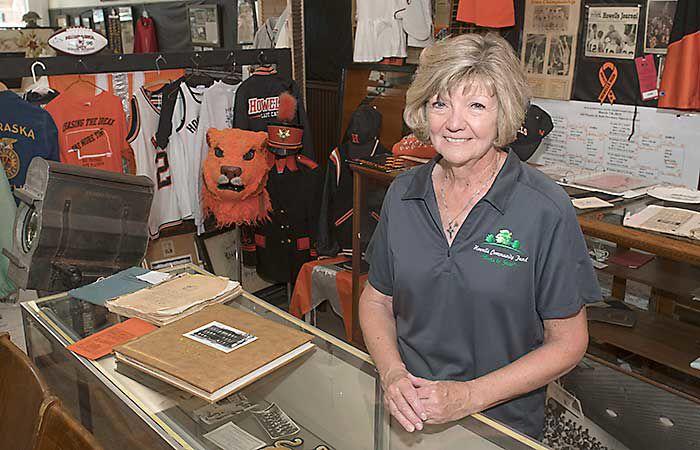 Originally published by Columbus Telegram
Originally published by Columbus Telegram
By K.C. Belitz
Early childhood development is one of three universal needs across greater Nebraska. Last week, several representatives from Columbus, Schuyler, and Albion joined early childhood experts from across the state at the Thriving Children Conference.
I was fortunate to attend the conference with several of my colleagues from the Nebraska Community Foundation. NCF staff are working across network to support communities in bringing more high-quality options for kids across greater Nebraska.
For those who are out of that season in your life, “early childhood development” is today’s version of what we used to call daycare, or childcare, or babysitting. As with most aspects of education, this too has changed dramatically as we’ve come to learn that what happens early in life has a dramatic impact on later years.
In this case, the change has been driven by data. Recent research has completely changed the perceptions of how we should care for and educate our youngest citizens. For example, we now know that kids reaching their intellectual potential is determined only 10 percent by genetics and 90 percent by their environment. While there are individual exceptions, we know that not one age cohort that starts school with a gap overachieves as they go forward through their school years … put simply, kids don’t “catch up” if they start school with a gap from their early years.
What creates such a gap? Reading is one key determiner, which is influenced greatly by the environment in years 0-3 of a child’s life. One statistic we learned at the conference is that by age 3, higher-income kids have heard 30 million more words than low-income counterparts. That translates directly to the child’s reading acumen and the consequences for kids who aren’t proficient in reading by third grade are dramatic. It’s another example of how early these impacts happen and thus, why we need to pay attention to what happens to and for kids long before they arrive at kindergarten, let alone high school.
So how is Nebraska doing in this critical area? I’ll let you draw your own conclusion from the data, so here are some numbers. 84 percent of counties don’t have enough child care slots to meet the current need. 10 percent of Nebraskans say they strongly believe kids are ready to start kindergarten. 6 percent of Nebraskans feel affordable, high-quality early childhood education is available to Nebraska families. In Nebraska today, 20 percent of kids are in poverty, 39 percent are “at-risk,” 17 percent are food insecure, and just 54 percent are proficient in reading. In 2015, the median salary for Nebraska child care professionals was $7,800 below the poverty line for a family of four. Yet, the annual cost for center-based infant care in Nebraska is higher (by 50 percent) than the average college tuition at a public four-year college in the state.
I’ll leave you to interpret those facts for yourself, but you are likely not shocked that those attending the conference last week feel we can do better. And there is a financial argument to do so. The data shows the public return-on-investment for high-quality early childhood programs for kids 0-5 years old is 13 percent. That’s a better return than I’m getting on my savings or CDs, to be sure! That rate of return is also data-driven, and it comes from increased earning potential for those kids, decreased cost of social programs, the justice system, and even incarceration in their future if they don’t have access to those early opportunities.
It’s really pretty compelling and there seems to be momentum around early childhood development in Nebraska. I’m pleased to report we have awesome examples of recent success right in this region. Melinda Long from the Columbus Community Hospital childcare center spoke on the big lunchtime panel at the conference about the awesome investment CCH has made in our community’s kids. Boone County is doing great work with pre-school and early childhood education. Schuyler was represented at the conference as well. Columbus Public Schools staff are working with community volunteers to bring an awesome pre-school/early childhood partnership to fruition. There is exciting progress being made!
For anyone interested in workforce development and growing our state, this issue is key. No young family is moving to a place today without great options for their kids’ early education … it’s just that simple. It was great to be part of the conference and even better to be part of the good work that’s now going on. It’s time to make Nebraska “the best state to be a kid!”


